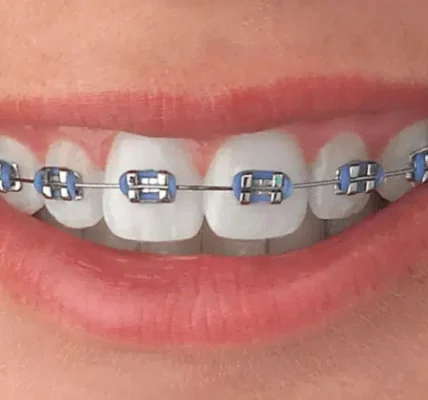Tooth loss poses a common dental issue impacting millions globally, regardless of age or gender, with implications for oral health and appearance. Over the years, dentistry has advanced significantly, leveraging digital technology and innovative solutions. Dental implants represent a modern approach aimed at replacing missing teeth effectively and permanently.
The dentist in Norfolk, MA, and their advanced team offer premium restoration options such as dental implants, capable of replacing one or multiple missing teeth. Their advantages over traditional restorations like dentures and bridges merit further exploration.
An introduction to dental implants
Dental implants are modern prostheses that are surgically embedded into your jawbone to mimic the lost tooth roots. These are often made up of titanium alloys and are available in the form of screw-like posts that fuse with the jawbone through a process called osseointegration.
Am I a suitable candidate?
You may be an ideal candidate for dental implants if you:
- Have one or multiple missing teeth
- Have good gum health
- Have sufficient bone density and volume
- Are willing to give time for extensive procedures involved in dental implants
- Are an adult with fully-developed jawbones
- Are dedicated to maintaining good oral hygiene
- Can afford implants
Do they offer any benefits over traditional dentures?
Dental implants are indeed worth the hype since they offer several benefits, including:
- Provide permanent tooth replacement
- Improve speech and masticatory functions
- Are fixed prostheses that are not displaced or dislodged
- Prevent bone resorption
- Preserve your adjacent teeth since they do not require trimming or preparation of the teeth
- Are highly durable and long-lasting
What can you expect during a dental implant surgery?
A dental implant procedure is a long-term process that may involve 6 to 8 months, depending on your age, the health and vitality of your jawbone, and the number of missing teeth to be replaced.
You can expect the following during a dental implant surgery:
- Your dentist will evaluate your missing spaces, gum tissues, and the health of your jawbones.
- Dental X-rays will be taken to determine if the amount of bone present is sufficient to provide support to the implants.
- If you have insufficient bone left, your dentist may first recommend bone grafts to create a stable foundation for implants.
- Your dentist will then numb the insertion site with local anesthesia and drill holes into your jawbone.
- Titanium implants will be inserted into the jawbone and given time to heal. For 2 to 6 months, the implant will fuse with your jawbone (osseointegration).
When your mouth heals, artificial crowns will be fabricated, which may take around 2 to 3 months to ensure a proper fit. Seek dental care for missing teeth and improve your dental health by undergoing complete oral rehabilitation through implants.









